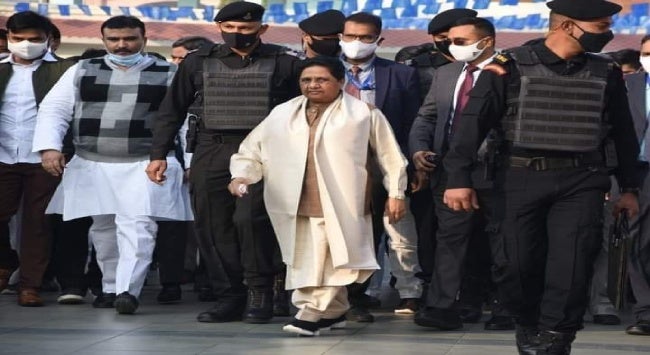
| Title: | Shifting Identity Politics: The Dalit Move toward the BJP in Uttar Pradesh |
| Author/s: | Sudha Pai |
| Abstract: | Identity politics played a significant role in mass and electoral politics in Uttar Pradesh during the 1990s, due to a strong wave of Dalit assertion and the dominance of the Bahujan Samaj Party. However, in the 2000s, important changes have taken place, which have affected electoral politics, particularly since 2014. How do we understand the changed Dalit political landscape, and how and why has identity politics undergone a change in the last decade, particularly in the context of the rise of right-wing hegemony? |
| Date: | 9 May 2024 |
| Read More |
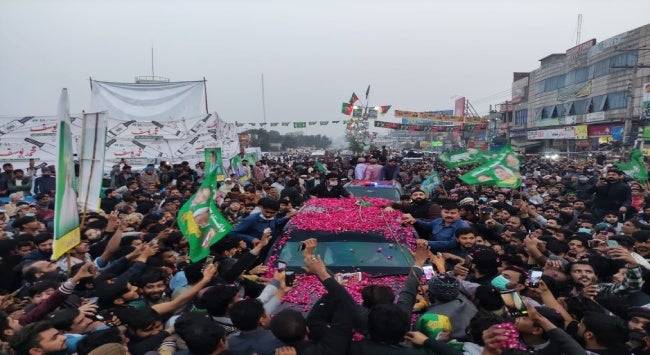
| Title: | Power, Politics and Patronage: Pakistan’s Post-Election Coalition |
| Author/s: | Imran Ahmed, Muhammad Saad Ul Haque |
| Abstract: | This paper provides a concise overview of Pakistan’s recent coalition government formation and cabinet composition. It examines the details and context of the collaboration between the Pakistani Muslim League-Nawaz, the Pakistani Peoples Party and other smaller parties. The paper also outlines the distribution of ministerial roles and the strategic manoeuvres of key political players. It also offers insights into the nation's evolving political landscape. |
| Date: | 3 May 2024 |
| Read More |
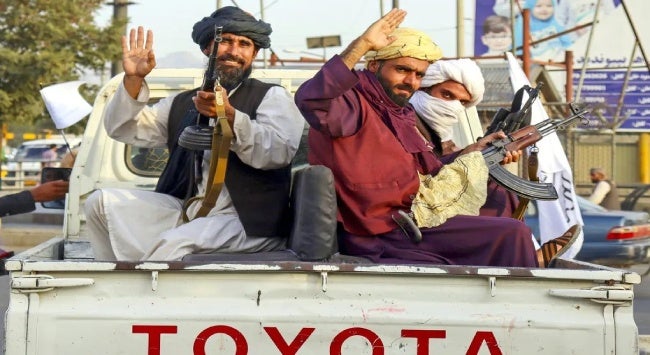
| Title: | Responding to the Taliban’s Diplomacy for International Recognition |
| Author/s: | Vinay Kaura |
| Abstract: | This paper examines the political dynamics of the Taliban’s diplomacy aimed at gaining international recognition as the legitimate government of Afghanistan. The Taliban’s uncompromising stance towards women’s rights and inclusiveness has proved to be the biggest hurdle in the way of their international recognition. Based on their political values and long-term foreign policy goals in the region, a divergent group of countries are adopting different approaches towards engagement with the Taliban. This paper argues for a flexible approach towards the Taliban regime, in which it can be engaged in a variety of ways short of full diplomatic recognition. |
| Date: | 2 May 2024 |
| Read More |
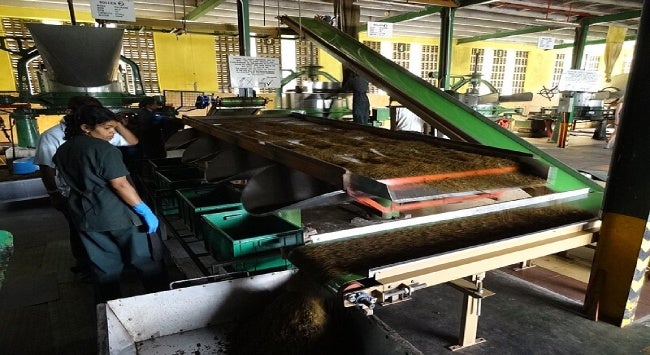
| Title: | Post-Economic Crisis Reforms in Sri Lanka: Comparative Insights from India |
| Author/s: | Rajni Gamage, Raghaw Khattri |
| Abstract: | This insight examines some of the key reforms since the 2022 debt default in Sri Lanka and their impact on democracy in the lead-up to presidential elections in 2024 and parliamentary elections in 2025. Comparative insights are derived from similar reform processes ongoing in India, including challenges in their implementation and their broader impact on society and democracy. |
| Date: | 30 April 2024 |
| Read More |
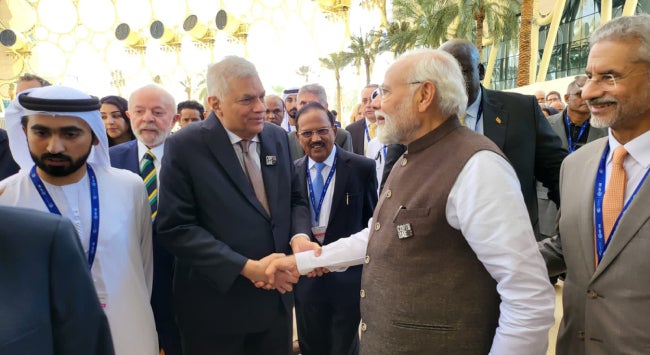
| Title: | Sri Lanka’s 2022 Debt Default Crisis: Geopolitics and Foreign Policy Developments |
| Author/s: | Rajni Gamage, Muhammad Saad Ul Haque |
| Abstract: | Since the 2022 debt default, Sri Lanka has had significant foreign policy and geopolitical developments, marked by a balancing act between the major powers and regional alliances. The country continued to navigate its relationships with traditional bilateral partners such as India, China and the West while also engaging with emerging partners in the Southeast Asian region. Amidst these diplomatic endeavours, managing domestic political interests remains challenging, particularly in light of past ethnic and religious tensions and social instability during the 2022 economic crisis. |
| Date: | 23 April 2024 |
| Read More |
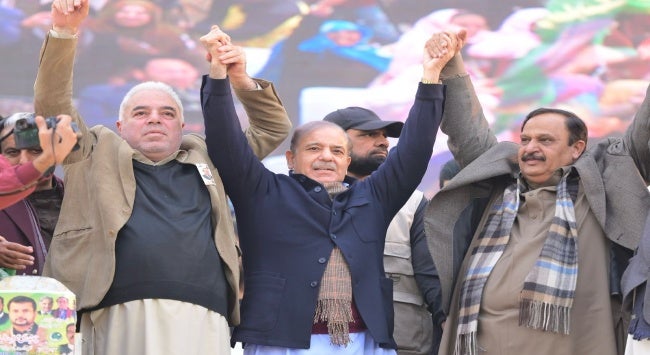
| Title: | Unpacking Pakistan’s 2024 General Elections and the Aftermath |
| Author/s: | Imran Ahmed, Muhammad Saad Ul Haque |
| Abstract: | More than a month after the general elections in Pakistan, the results have left more questions than answers. The allegations of rigging and ‘mandate stealing’, election-day violence and the delay in receiving the official poll results have called into question the reliability of the February 2024 elections and their outcome. Prime Minister Shehbaz Sharif and the Pakistan Muslim League-N led coalition are set to begin their new term at the outset of political and economic instability. Pakistan’s economic challenges, including its heavy reliance on International Monetary Fund and its declining democratic values spotlight grave concerns over the country’s future. |
| Date: | 11 April 2024 |
| Read More |
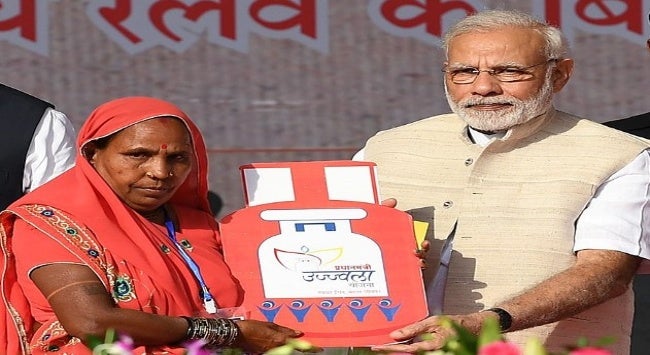
| Title: | Indian General Elections 2024: Impact of Modi’s Welfare Policies |
| Author/s: | Diego Maiorano |
| Abstract: | Indian Prime Minister Narendra Modi made welfare a central part of his political agenda since he came to power in 2014. His government expanded the social safety net, especially programmes which distribute tangible goods, even if schemes providing services (like employment or nutrition) were put on the back burner. Welfare was crucial, on the one hand, to sustain the weaker sections of the population, while the economy, although growing robustly, did not generate many jobs and concentrated at the top of the income scale. On the other hand, welfare implementation was highly centralised and contributed to establishing a direct link between the prime minister and welfare beneficiaries. It is unclear how important issues relating to welfare will be in the forthcoming elections, which will be held from held from 19 April to 1 June 2024. Some evidence suggests that Modi’s popularity trumps economic considerations, and many voters choose the Bharatiya Janata Party irrespective of the party’s economic performance. |
| Date: | 27 March 2024 |
| Read More |
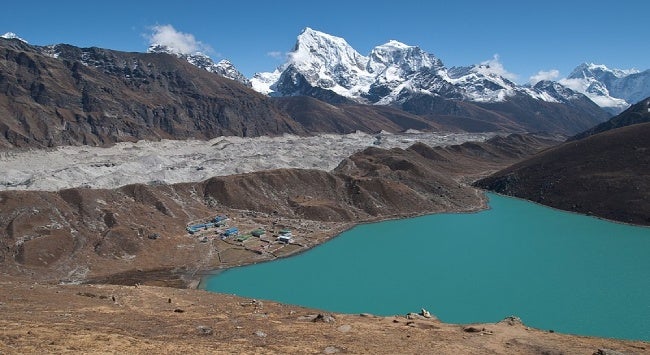
| Title: | The Seminal Importance of the Himalayan “Third Pole” for Climate and Development Governance |
| Author/s: | Tariq Karim |
| Abstract: | The future of the Himalayan region is linked inextricably with three 3C’s – climate, connectivity and community. Of these, perhaps the climate cluster is primus inter pares among them – the other two feed into it as they walk hand in hand, weaving into our lives and existence, and affecting the survivability of not only our planet but also of our own species. |
| Date: | 21 March 2024 |
| Read More |
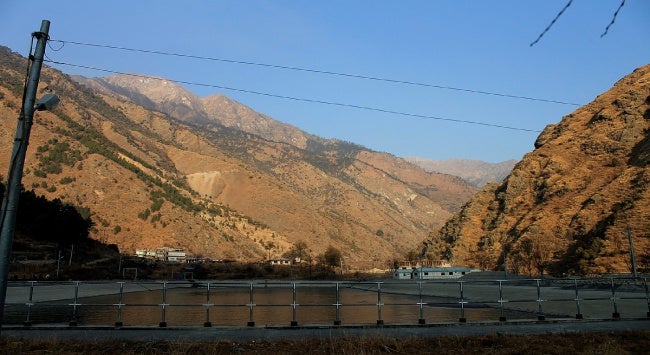
| Title: | Nepal’s Climate Ambitions and Challenges |
| Author/s: | Puspa Sharma |
| Abstract: | To meet its ambitious climate pledge, Nepal’s major focus has been on its hydroelectricity. There are several challenges in Nepal’s overreliance on hydroelectricity. To overcome the challenges, Nepal needs meaningful financial and technical support. |
| Date: | 5 March 2024 |
| Read More |
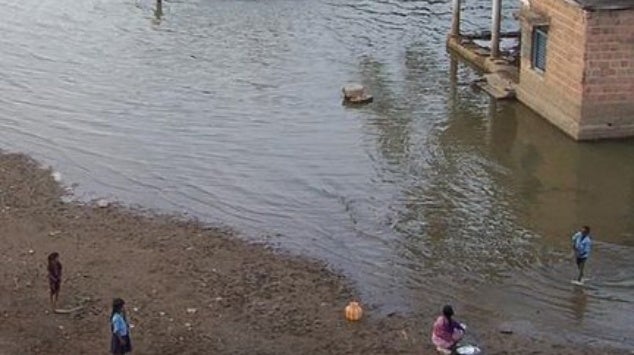
| Title: | Navigating South Asia’s Market-Driven Climate Action |
| Author/s: | Samridhi Pant, Amit Ranjan |
| Abstract: | At the 21st Conference of Parties (COP) in Paris in 2015, the member countries conveyed their efforts on climate change mitigation and adaptation commitments in their Nationally Determined Contributions (NDCs). Some South Asian countries such as Afghanistan, Bangladesh, Bhutan, India, Nepal and Pakistan have considered using market mechanisms under Article 6 of the Paris Agreement to achieve their NDCs. These market mechanisms also gained a footing at the COP28 in Dubai in November-December 2023. Further negotiations on it have been postponed until the COP29 meeting which takes place in 2024 in Baku, Azerbaijan. |
| Date: | 19 February 2024 |
| Read More |
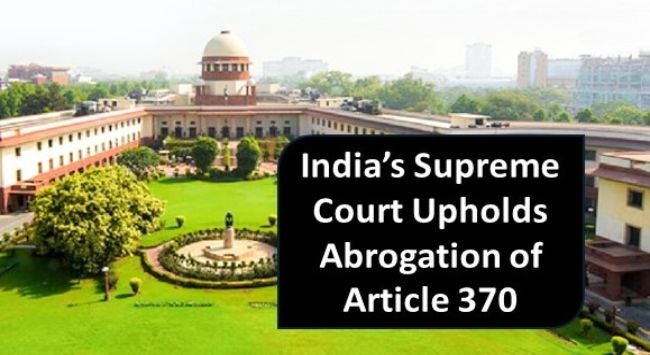
| Title: | Supreme Court of India Upholds Abrogation of Article 370 |
| Author/s: | Vinod Rai |
| Abstract: | A Constitution Bench of the Supreme Court of India unanimously upheld the power of the President to abrogate Article 370 of the Constitution, which, in August 2019, led to the reorganisation of the state of Jammu and Kashmir (J&K) into two Union Territories and denuded it of its special privileges. It held that Article 370 was only a ‘temporary provision’ to ease the accession of the then princely State to the Union at a time of internal strife and war. |
| Date: | 19 January 2024 |
| Read More |
Load more


